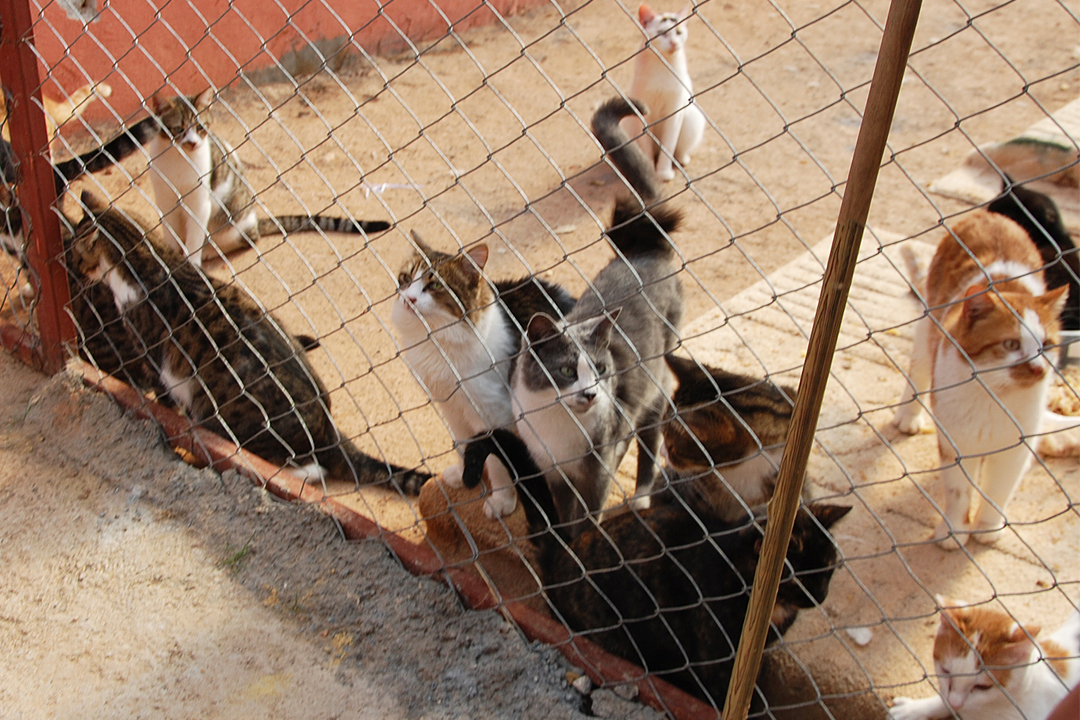 In a new podcast interview, Professor Joan E. Schaffner spoke about her work with the American Bar Association (ABA) Tort Trial & Insurance Practice Section's Animal Law Committee and their recent efforts to help community cats in an episode of "Our Hen House."
In a new podcast interview, Professor Joan E. Schaffner spoke about her work with the American Bar Association (ABA) Tort Trial & Insurance Practice Section's Animal Law Committee and their recent efforts to help community cats in an episode of "Our Hen House."
With 30-40 million free-roaming cats who live on the streets, e.g. community cats, in the United States, there are concerns that they may be threatening the well-being of wildlife, creating public health issues, and putting a strain on animal shelters. In fact, traditional animal shelters cannot compassionately address community cats. Community cats are unsocialized to humans and thus not adoptable. As such, most community cats brought to a shelter are killed.
Traditional approaches to addressing the community cat population involved trapping and killing the cats. However, there is a more compassionate and humane approach to managing the community cat population: trap-neuter-vaccinate-return (TNVR). Although TNVR has been used in the U.S. since the 1990s and is recognized as an effective, efficient and humane method of free-roaming cat management, most jurisdictions do not recognize TNVR explicitly and many prohibit its use under traditional animal control laws, making implementation of TNVR programs impossible in such jurisdictions.
Professor Schaffner explained that to address this legal impediment to the implementation of TNVR programs, the Animal Law Committee of the ABA, whose mission is to address all issues concerning the intersection of animals and the law and to create a paradigm shift resulting in a just world for all, drafted a resolution and report that was submitted to the ABA House of Delegates in August 2017 and approved. Resolution 102B urges legislative bodies and governmental agencies to interpret existing laws and policies, and to adopt laws and policies that allow the implementation and administration of TNVR programs for community cats within their jurisdictions, in order to promote their effective, efficient, and humane management. "It's a very strong resolution, and it does the work that we need," she said. Now, animal advocates, armed with Resolution 102B demonstrating ABA support of TNVR, have a powerful and persuasive argument to encourage lawmakers nationwide that they should allow TNVR programs in their jurisdictions.
Visit the page below to learn more about the resolution and how it will help the future of community cats.


